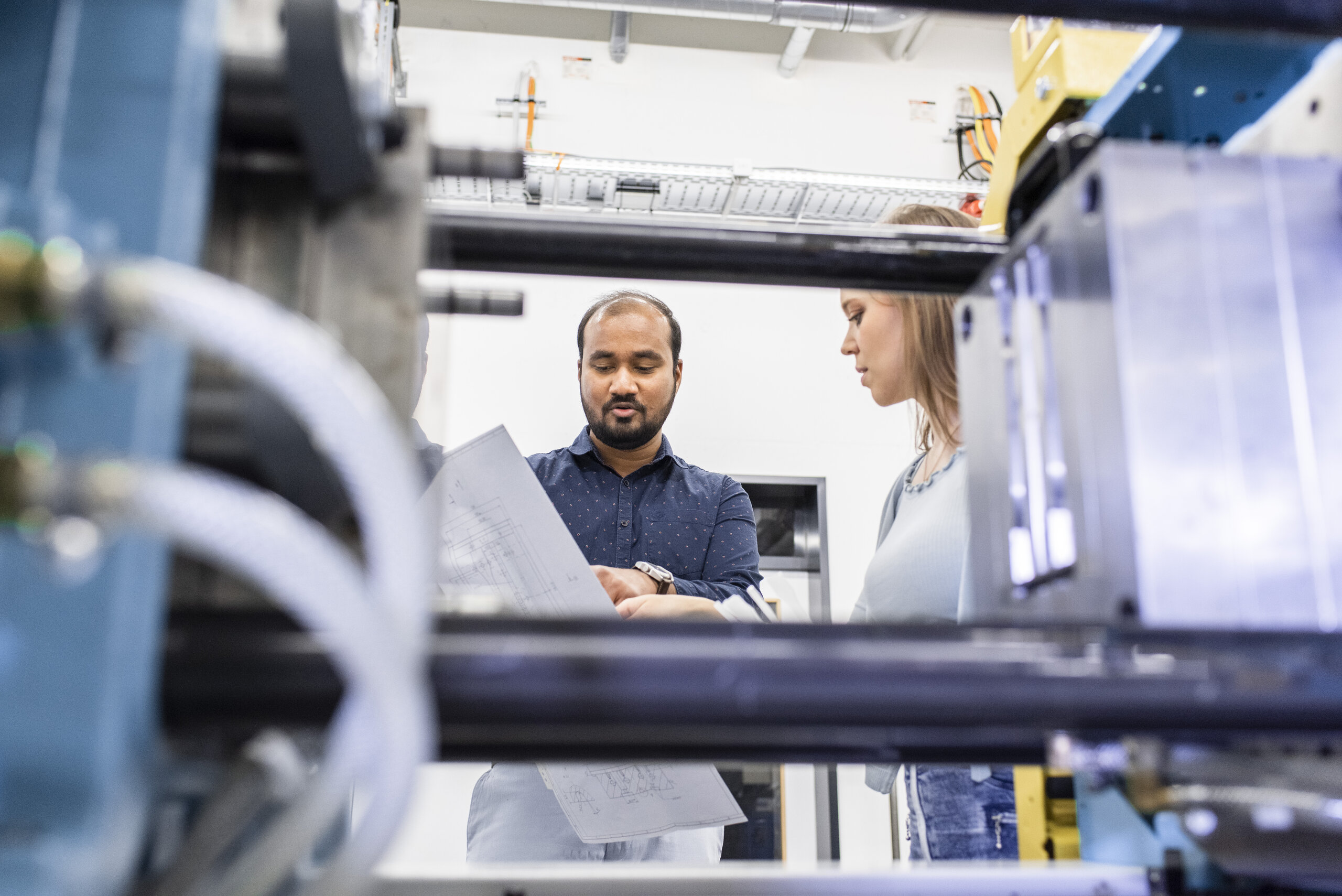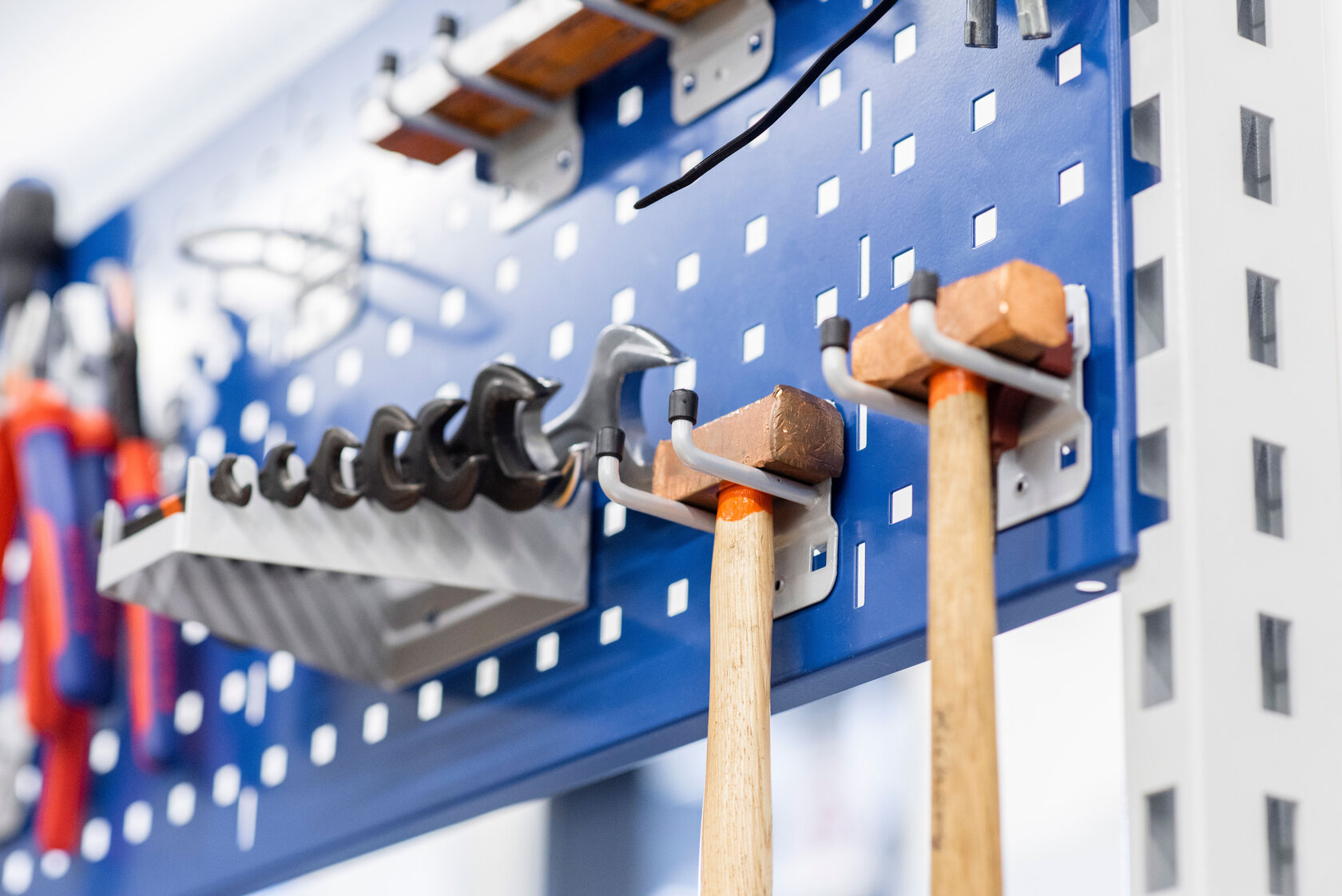
Mechanical Engineering
Mechanical Engineering
In the degree program Mechanical Engineering you will gain knowledge of the mathematical and scientific basics of classical engineering. You will learn how to develop, design, and build e.g. machine tools, production lines and vehicle components. We also instruct you how to plan, improve, and implement production processes. The curriculum also includes company organization, quality management, and sales.
Mechanical Engineering 4.0 - automation, virtual reality, robotics, artificial intelligence
With digitalization, the degree program in Mechanical Engineering has changed over the last few years. Because products and industry are becoming smarter and more autonomous. Nevertheless, components, for example, still have to be designed and produced. This is where mechanical engineering comes into play. Therefore, materials science, mathematics and mechanical knowledge form the basis.
In view of Industry 4.0 we are now imparting additional knowledge in the field of computer science. This includes, for example, extensive knowledge in CAD/CAM applications with which 3D models of components, assemblies and product development processes can be simulated.
We also teach programming skills and programming languages such as C++. In our virtual reality lab, you will learn by means of practical examples how production and sales processes are created in a completely new way. After your studies, you will be familiar with autonomization, robotics and artificial intelligence thanks to exciting project work and an internship semester.
At a glance
| Degree | Bachelor of Engineering (B. Eng.) |
| Application deadline | 15.03./15.09. |
| Start Of Study | Winter semester & Summer semester |
| ECTS Credits | 210 in total |
| Standard Period Of Study | 7 semesters |
| Admission prerequisites | Pre-study work experience required |
| Accreditation | Yes (certificate) |
Pre-study work experience
Before beginning the study program, a three-month pre-study work experience must be completed. In justified cases, this can be taken later, at the latest by the 3rd semester. E.g. if the time between graduation from school and application was too short. Graduates of upper secondary education with technical orientation and applicants with completed specialized vocational training can be exempted from taking the pre-study work experience.
The pre-study work experience is intended to help students to better understand the teaching content of their studies in its relation to its practical application. This includes getting to know and working with materials, machines, and equipment, insights into industrial manufacturing processes and into the social and organizational structure of companies. German-language information leaflet on the pre-study work experience in Mechanical Engineering
